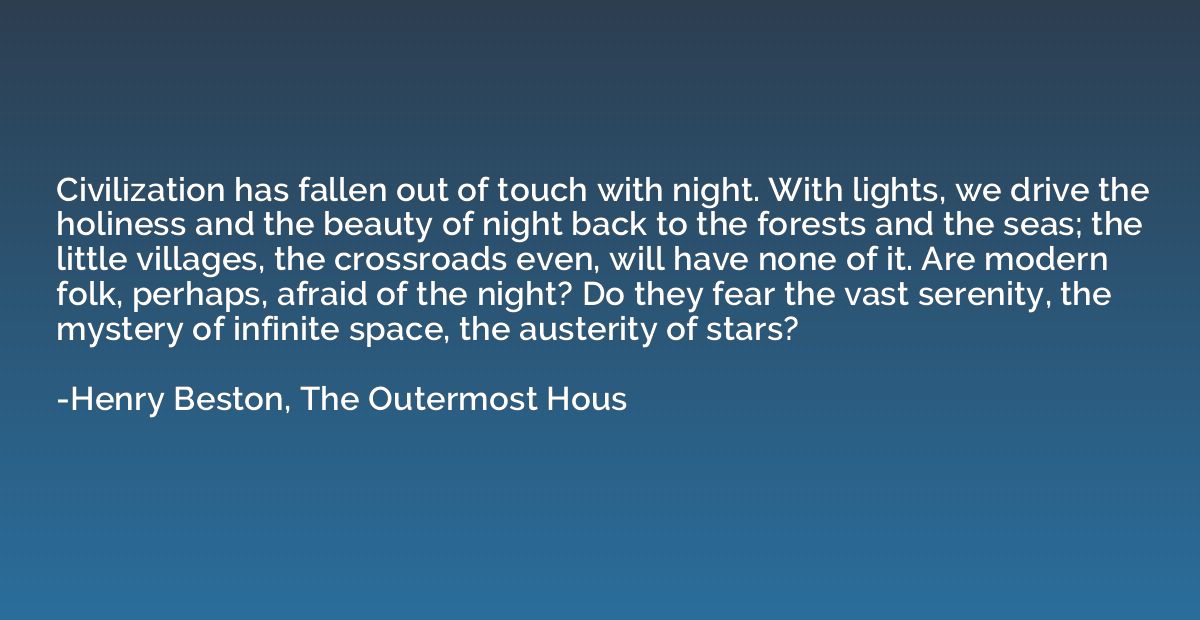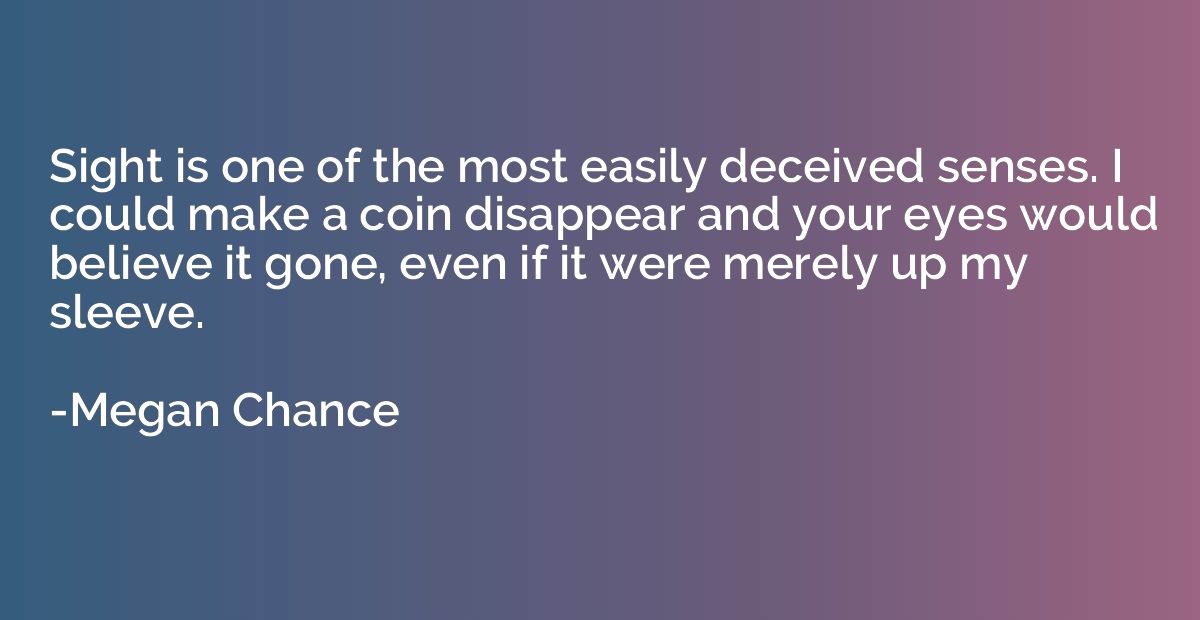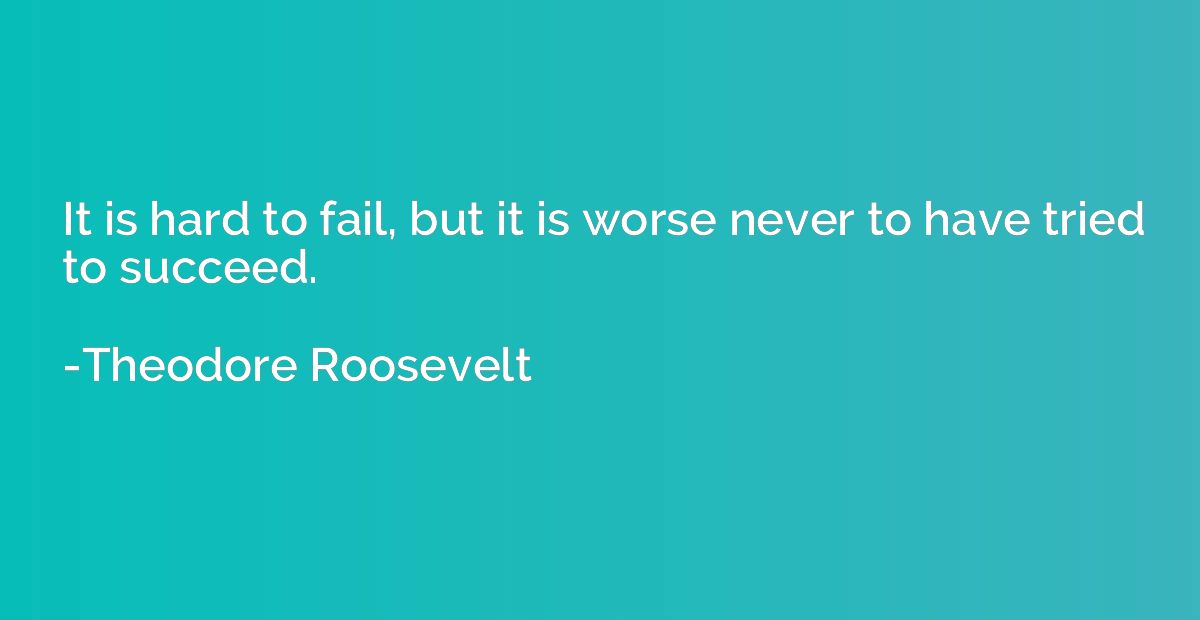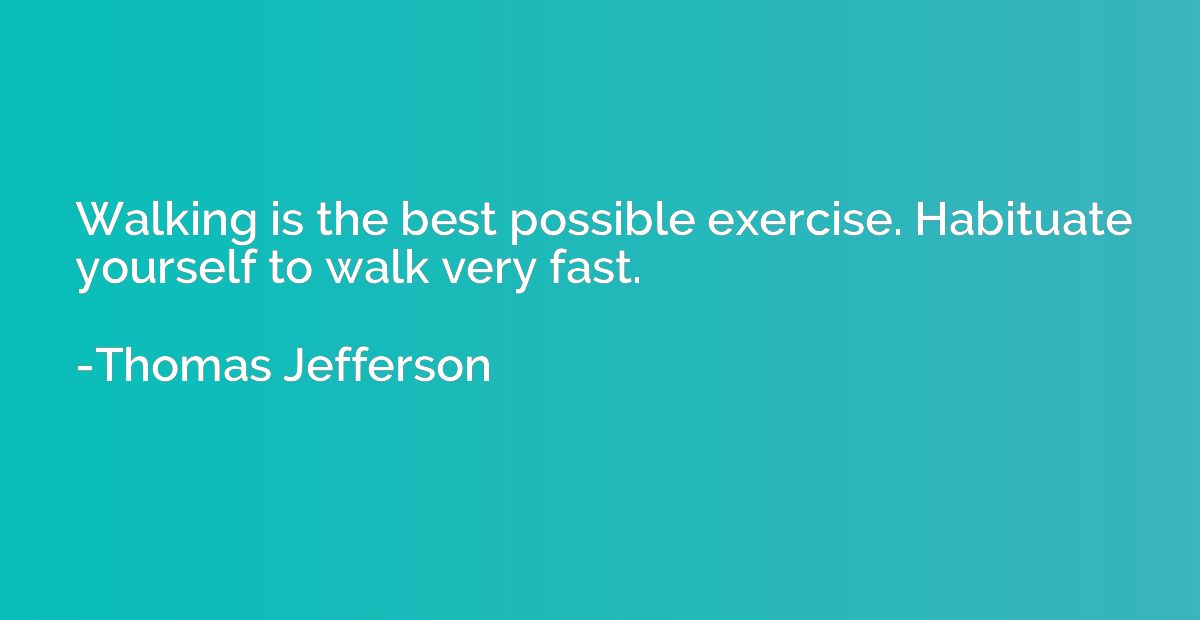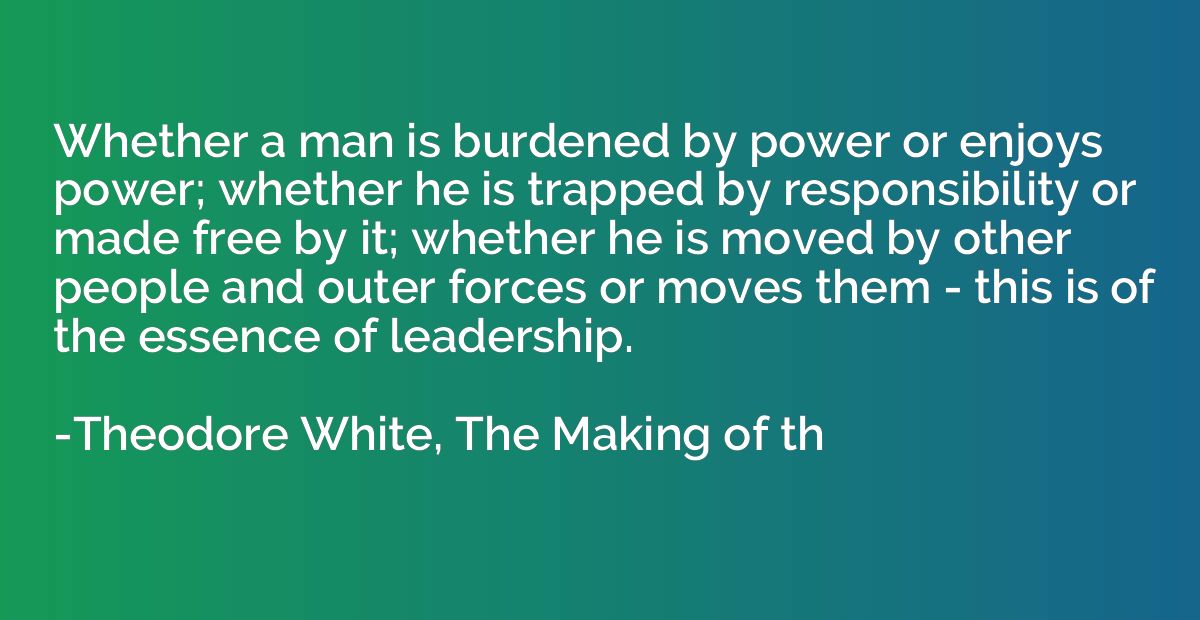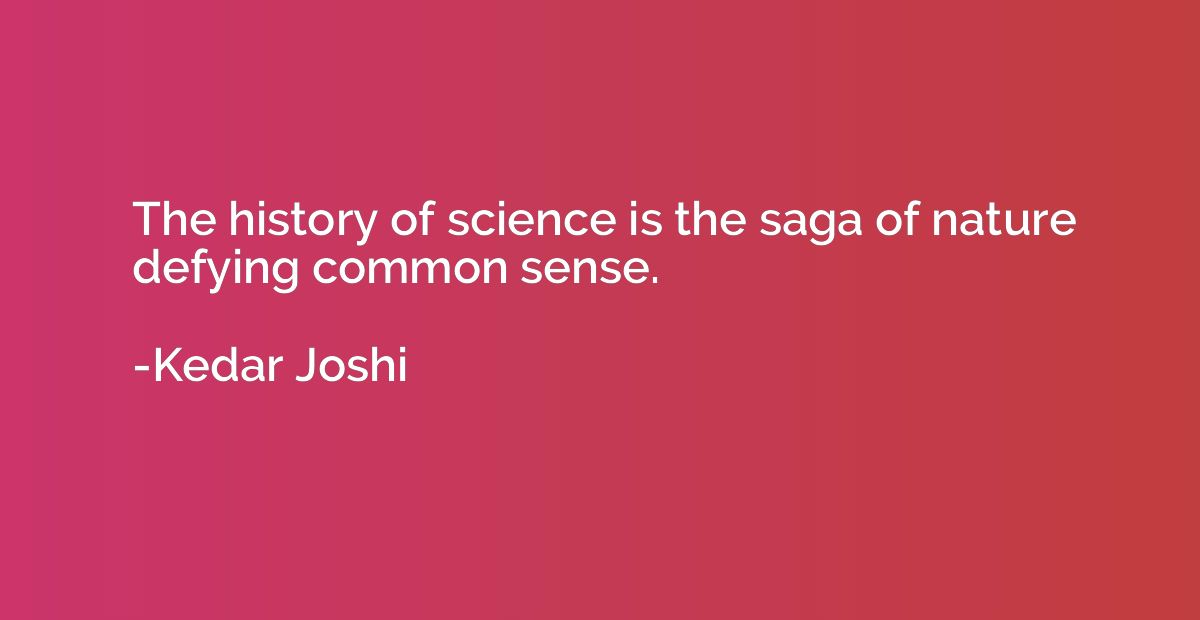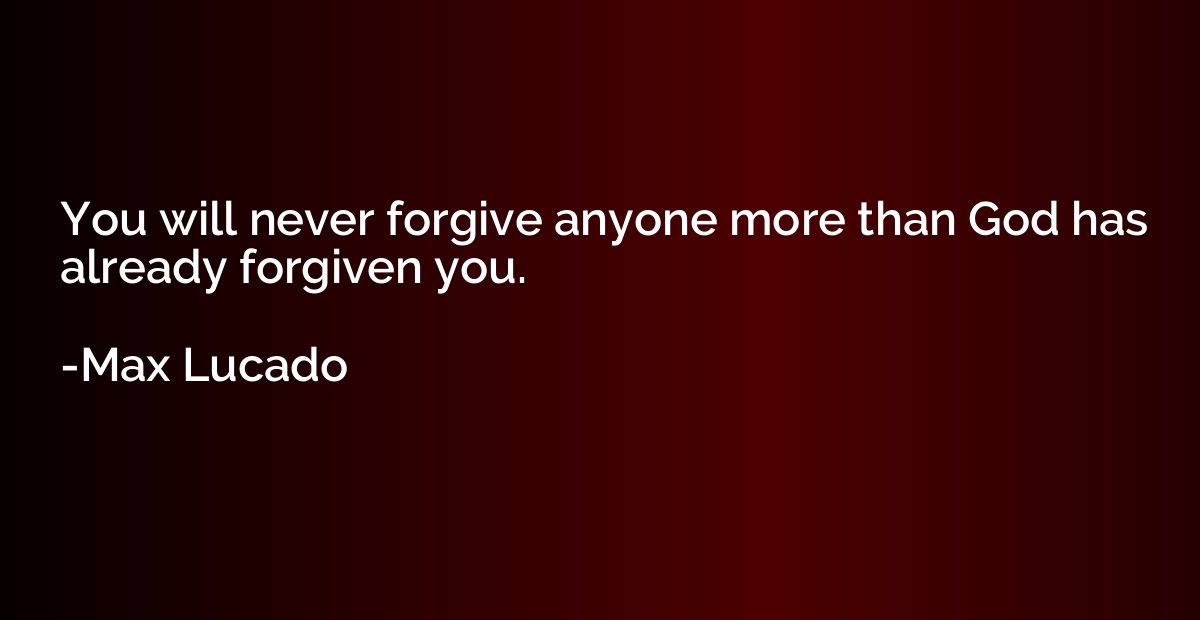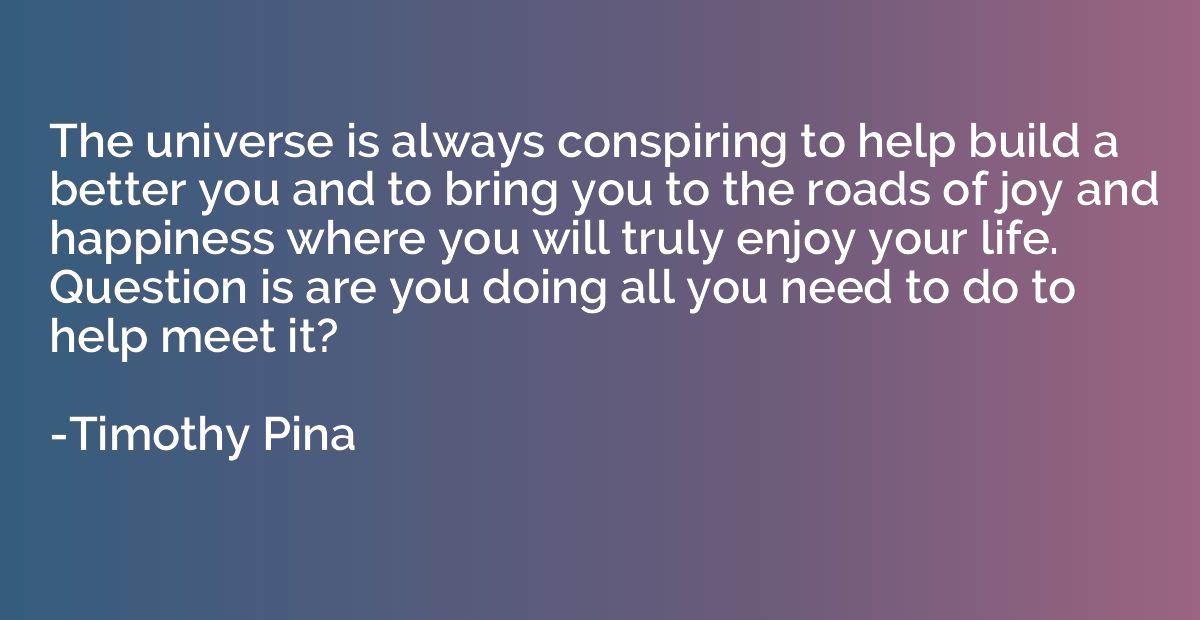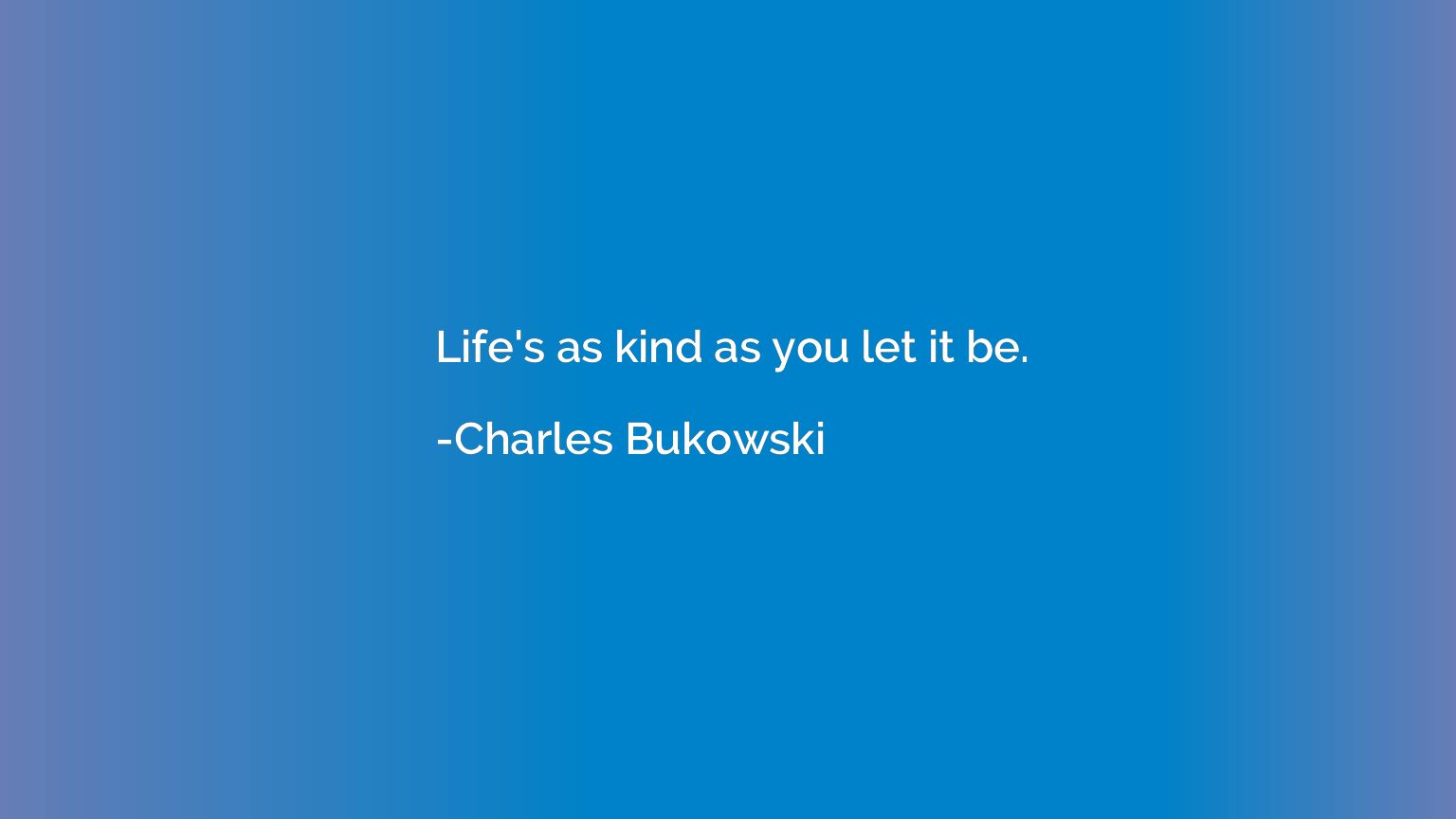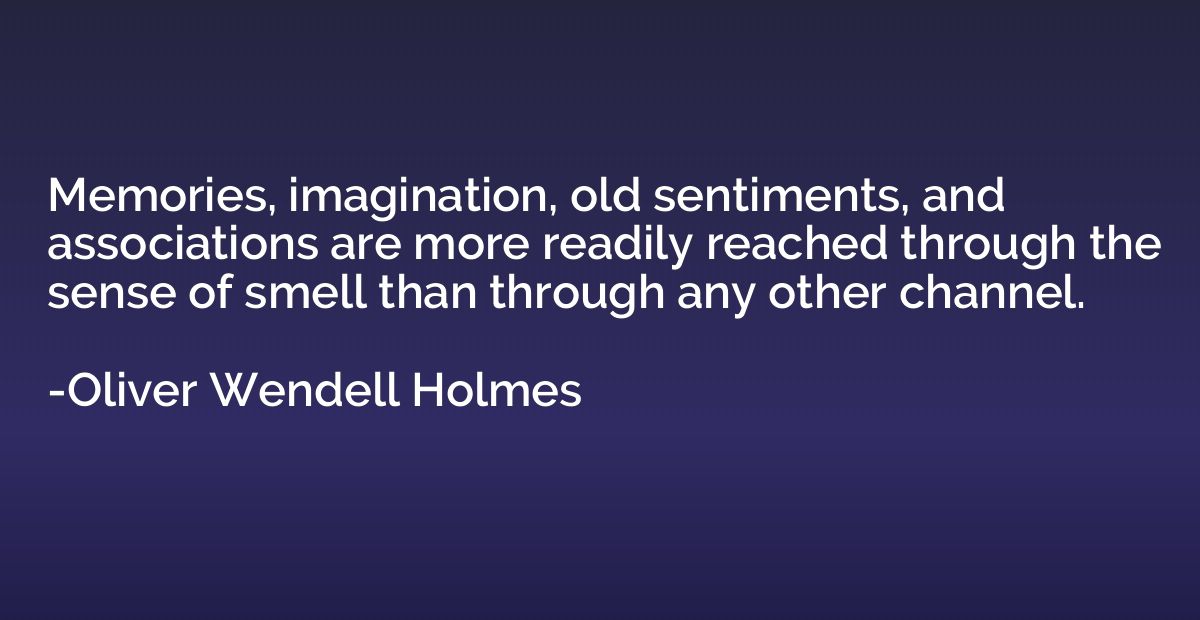Quote by Henry David Thoreau, Walden (cha
I learned this, at least, by my experiment; that if one advances confidently in the direction of his dreams, and endeavors to live the life which he has imagined, he will meet with a success unexpected in common hours. He will put some things behind, will pass an invisible boundary; new, universal, and more liberal laws will begin to establish themselves around and within him; or the old laws be expanded, and interpreted in his favor in a more liberal sense, and he will live with the license of a higher order of beings. In proportion as he simplifies his life, the laws of the universe will appear less complex, and solitude will not be solitude, nor poverty poverty, nor weakness weakness.If you have built castles in the air, your work need not be lost; that is where they should be. Now put the foundations under them.
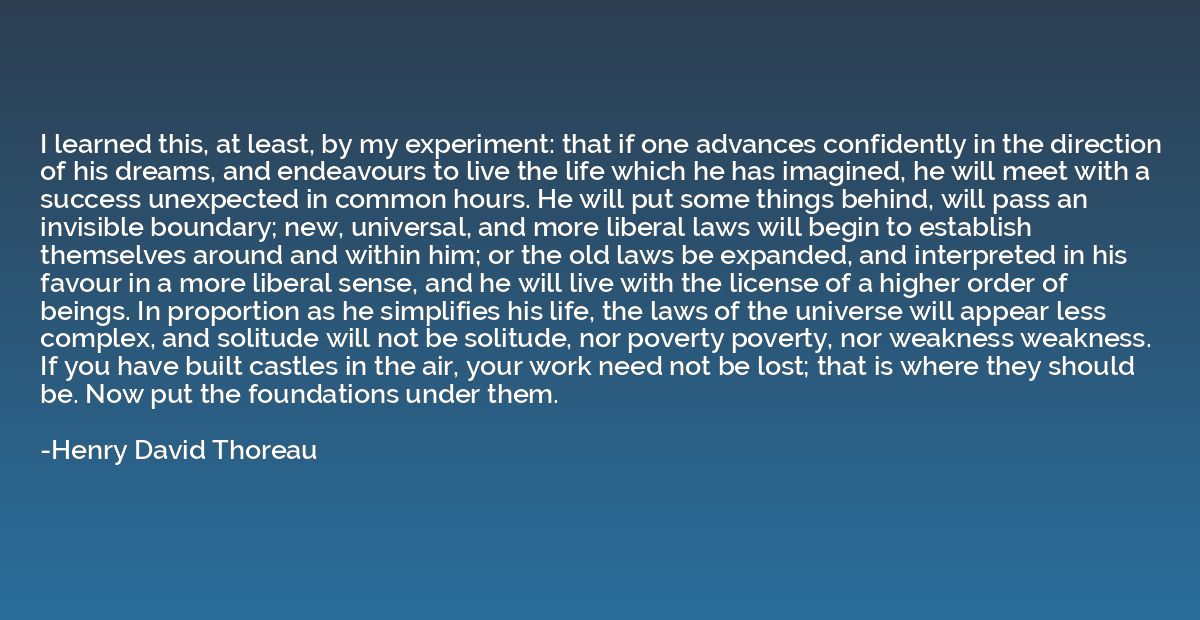
Summary
This quote by Henry David Thoreau highlights the importance of pursuing one's dreams and envisioning the life they desire. Thoreau suggests that by wholeheartedly dedicating ourselves to our aspirations, we will experience a level of success that surpasses our expectations. This requires stepping outside our comfort zones and embracing new laws and possibilities. Simplifying our lives allows us to better understand the underlying principles of the universe, transforming solitude into a source of strength and poverty into an opportunity for growth. The quote encourages us to not let our dreams remain only in our imagination but to take action and build the foundation necessary to turn them into reality.




